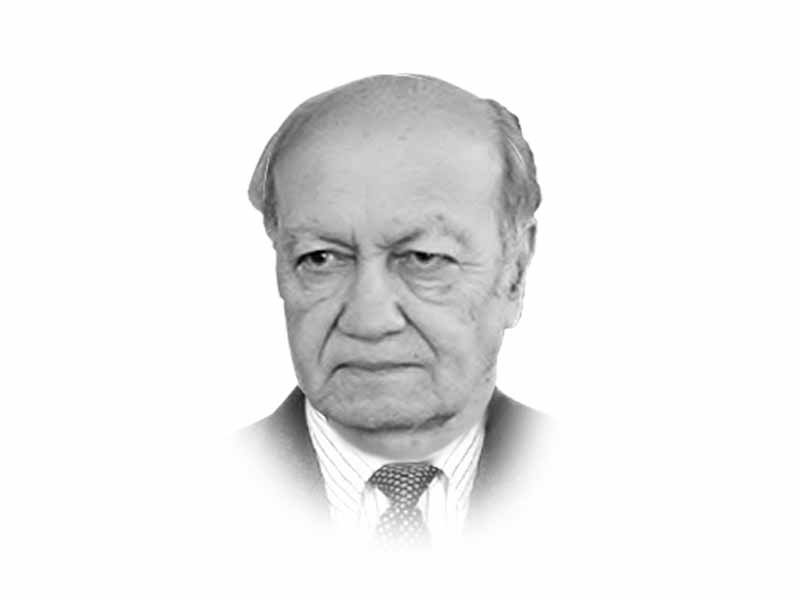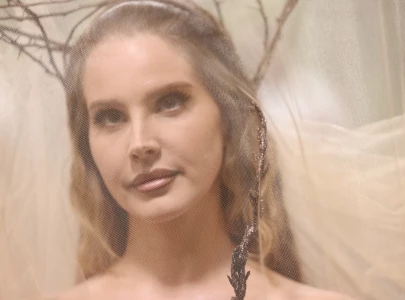
The absence of any sensitivity towards crimes against women among religious leaders and political parties is a matter of deep concern. Recently, the Council of Islamic Ideology (CII) proposed that men be allowed to give gentle beatings to their wives while earlier the bill to prohibit underage marriages was withdrawn from the National Assembly after the CII declared it un-Islamic. In contrast, there is hardly any condemnation from them on the recent killings of women on the false pretext of honour.
Our parliamentarians have also failed to take a strong position on crimes against women. While legislation is an important tool in protecting women’s rights, it is society’s mindset that is critical to transforming attitudes. This is unlikely to change unless the importance of respect for women is inculcated in our educational institutions, mosques and homes. The more fundamental change will come about through education of girls. Their empowerment will change the social, political and economic landscape of our country. But it would be a folly to expect that either our religious or political parties or feudal-minded gentry would concede easily. They are clinging hard to the past, to worn-out social dogmas and are resisting change of our individual and external social structures. It suits them to cooperate with the existing political and social power structures in society. Attachment to self-defined forms of authority that has more to do with cultural rather than religious tenets is their modus operandi. The challenge is for our society to overcome this social and moral decadence. Ideally, this should happen through a reformation movement led in concert with politicians, religious leaders and civil society. In reality, there are no prospects for any such development in Pakistan, at least in the near future.
The conscience of any nation would have been awakened by the recent brutal acts of murder of women, but not ours. These murders are worse than the drone attacks on our sovereignty, as the soul of the nation is being mutilated. Pakistan’s continuous engagement in regional conflicts, directly or indirectly, for the last three and half decades has resulted in the militarisation of our society. It has also impacted society’s attitude towards women, making it harsh and less sensitive to their sensibilities. Serious studies on the attitude towards women indicate that a “majority of men approve beating women under certain circumstances; about 15 per cent approve beating of women as a routine affair”.
In the traditional Baloch tribal society, women enjoyed far more respect than what the situation is today. Perhaps, Balochistan is one of the worst in terms of treatment of women. The custom of marrying off minor girls to settle disputes or as bargaining commodities is deplorable. The situation in Sindh and parts of southern Punjab regrettably is not very different, if not worse. As long as politicians with medieval thinking keep getting elected to parliament and exercise power, there is little hope for change. It is indeed disturbing that the PPP, a political party that had the distinction of electing a woman prime minister and professes to uphold the rights of women, has politicians that are no better. Hopefully, the young leadership of Bilawal and Asifa Bhutto would work towards change. Imran Khan’s promotion of women in politics and giving them space in public meetings and political discourse is a welcome development provided it is accompanied by giving high priority to girls’ education and women’s rights. Emergence of the TTP was a huge setback for the emancipation of women and it would take years to counter its fallout. As it is, in Fata, Khyber-Pakhtunkhwa and Balochistan, women suffer the most due to absence of schools and retrogressive customs. The Taliban further impeded development projects by opposing girls’ education and attacking their schools. If women are to be empowered and their fundamental rights restored, provincial and federal governments will have to take more active interest in the spread of girls’ education.
In addition, we need more women ministers in the federal and provincial cabinets. This will sensitise the government to the needs of 50 per cent of our population and promote greater participation. The position of women within political parties has somewhat improved since General (retd) Musharraf gave them representation in parliament through reserved seats. However, women, although present in parliament and in political parties, are largely not involved in decision-making and have been unable to make a significant difference in improving the plight of women despite their earnest efforts. There are of course exceptions like Sherry Rehman, Shireen Mazari and Anusha Rahman, whose voices are heeded.
The media, too, has contributed in providing another forum for young Pakistani women to assert themselves. At the individual level, too, they have excelled in many fields and made us proud. Malala Yousufzai is the most brilliant manifestation of what Pakistani women can achieve. Her resolve to pursue education under the most challenging conditions and acting as a beacon of aspiration for underprivileged girls was exemplary. Sharmeen Obaid-Chinoy, the winner of two prestigious international awards for her documentaries, is another example of a highly talented Pakistani woman. Asma Jahangir’s struggle for women’s rights, rule of law and democracy has earned international recognition and acclaim. It is at the national level that we need women to progress so that they become equal partners in the collective wellbeing of the nation.
Published in The Express Tribune, June 15th, 2016.
Like Opinion & Editorial on Facebook, follow @ETOpEd on Twitter to receive all updates on all our daily pieces.

1732569774-0/Baymax-(2)1732569774-0-165x106.webp)










COMMENTS (6)
Comments are moderated and generally will be posted if they are on-topic and not abusive.
For more information, please see our Comments FAQ